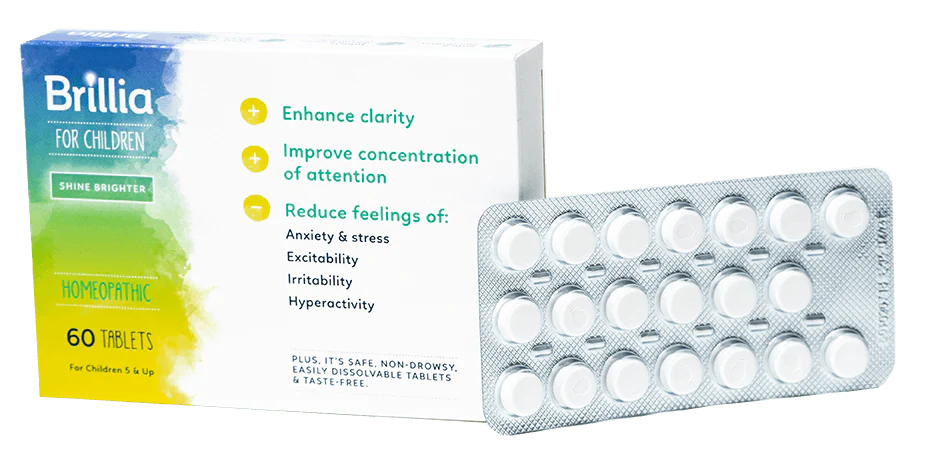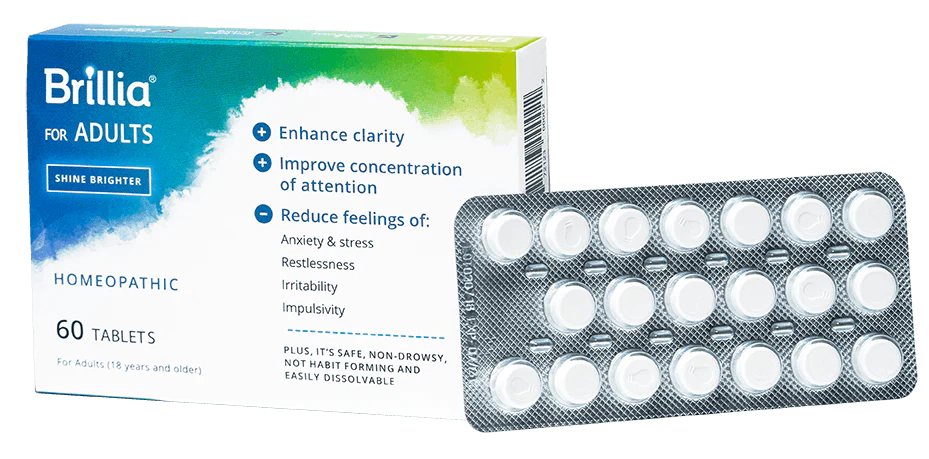Low self-esteem is a common challenge among children with ADHD who are often reprimanded and corrected by those around them, sometimes on a daily basis. When ADHD kids do not learn how to build confidence or embrace the unique gifts that come with their condition, this low self-esteem can eventually lead to severe depression.1 Find out what the research says about how ADHD affects self-esteem and explore tips to help kids feel more confident.
How ADHD Can Affect Confidence & Self-Esteem
ADHD can negatively interfere with a child’s general well-being, as well as with academic performance and the development of social skills, which in turn, can lead to low self-esteem. Low self-esteem in ADHD kids may also be triggered by those around them. The following studies show the various ways external input can affect a child’s self-esteem:
- Academic stress: Studies show that academic and social problems associated with ADHD may become more prominent during adolescence due to the increasing academic demands and the increased emphasis on peer acceptance.2 Having low self-esteem and a lack of confidence may result in acting out and disciplinary action at school. If children are reprimanded over and over, they begin to develop negative attitudes toward school and learning.
- Family stress: In an Iranian study of parenting styles, researchers found that parents of ADHD kids were found to have lower self-confidence and less warmth and involvement with their children.3 Parents also used corporal punishment, which has been linked to depression and low self-esteem.4
- Bullying: A 2018 study found that 29 percent of ADHD youth reported experiencing elevated rates of peer victimization, in contrast to 9 percent of youth without a psychiatric diagnosis.5 This included such behaviors as physical aggression, exclusion, and gossiping. Bullying can have catastrophic long-term effects on self-esteem and academic performance.6
Common misconceptions about ADHD can also contribute to poor confidence and low self-esteem. ADHD children are often labeled as lazy, unintelligent, or daydreamers, even though so few understand the complexities of the condition.
Tips to Help Boost Their Confidence
One way to boost your kid’s self-confidence and perhaps your own if you are a parent to a child with ADHD is to shift your perspective on the condition. Dr. Lara Honos-Webb, the author of The Gift of ADHD, is an advocate for looking at ADHD as a personality trait, rather than a disorder, since being labeled with a “disorder” can only exacerbate feelings of low self-esteem and underachievement.7 Even more, by looking at ADHD as a trait, and maybe even a gift, both parents and children can begin to see the positive qualities they may not have noticed before, such as creativity, emotional expressiveness, and leadership qualities. Some other ways to help your child build confidence include:
Shine Brighter
- Recognize signs that your child is losing confidence: This might include a refusal to try new things, loss of interest in activities they once loved, and withdrawal from friends and family.
- Teach them positive self-talk: When a child has ADHD, it is common for them to engage in negative “self-talk,” a constant stream of thinking that is self-critical. Teach them to practice saying positive statements about themselves and offer genuine compliments to help them see their unique qualities.
- Manage your expectations: If your child is used to getting in trouble for not meeting your expectations, it may be time to make them more reasonable. Always feeling like they’re disappointing the people around them can erode your child’s self-esteem.
- Help them foster new friendships: If your child has problems making friends, you may want to help them make new ones by signing them up for activities they like so they can meet like-minded peers.
- Use mindfulness: Several studies show that children as young as preschool age who take school-based mindfulness meditation programs can decrease their stress and aggression and improve their cognitive performance.8 If your child is resistant to practicing mindfulness on their own, you may want to practice mindfulness as a family.
Helping your child manage their ADHD symptoms can also help improve their confidence. At Brillia we are proponents of making healthier lifestyle changes to help improve symptoms of anxiety/irritability/poor focus etc. Parents and children can use our website as a resource to try our holistic approach, which includes improving nutrition, getting a better night's sleep, practicing mindfulness/relaxation techniques and controlling screen time for ways to improve their lifestyle and help reduce the symptoms of anxiety and hyperactivity.
The goal in this approach is that as the child matures, they will make these healthier lifestyle choices a habit and start to learn behavioral ways to control their symptoms, needing less and less of a supplemental product. When lifestyle changes are not enough, Brillia can offer them additional support without harmful side effects. It is a safe, impactful, and targeted option for parents to consider before resorting to prescription medications. People using Brillia do not build a tolerance to it either, so you do not have to incrementally increase the dosage. Brillia can be used for as long as it is providing the support that is needed without dulling the personality. It goes to the source to reduce these symptoms, allowing the child’s personality and potential to shine through. When your child feels calmer, more focused, and more like themselves, they are more likely to see that ADHD is not a disability to feel ashamed about, but a gift they can learn to master. Find out more about how Brillia works.







